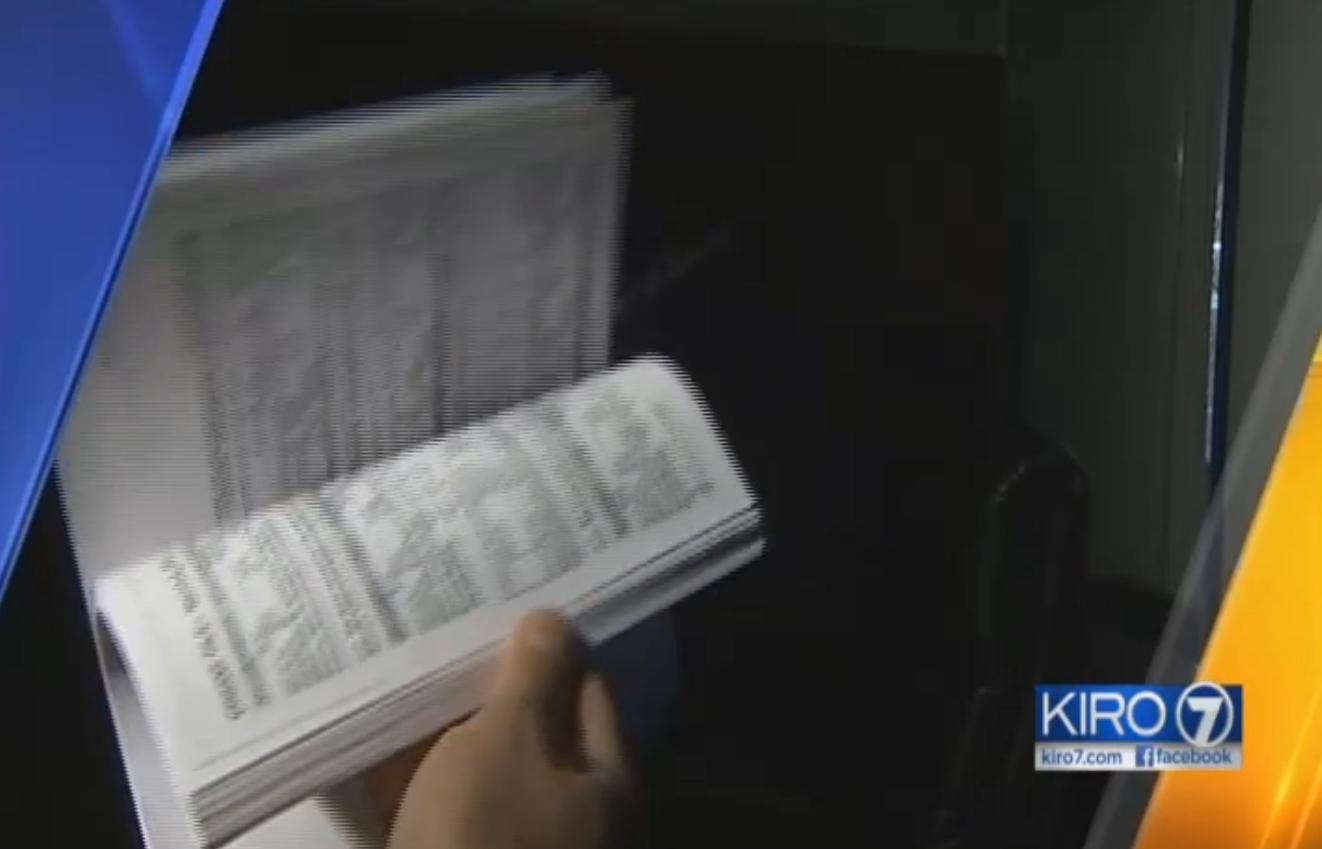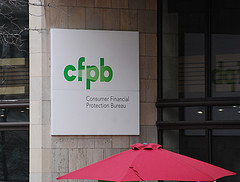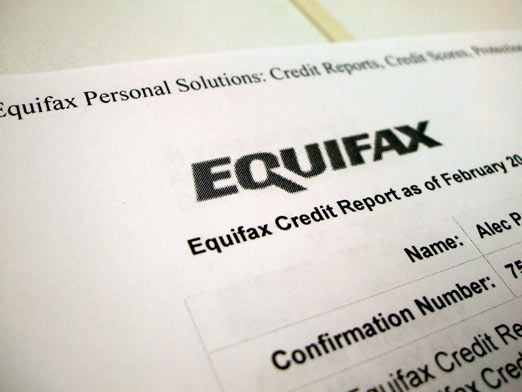The legal system has long taken a “no harm, no foul” approach to certain legal disputes: If you haven’t actually been injured by the other party’s actions, you’ll have a hard time convincing the court that your lawsuit shouldn’t be thrown out. But the internet, where incorrect information can be disseminated globally within seconds (and may never truly be erased), is causing courts to reconsider the question: When can you sue a company for an intangible harm? [More]
fair credit reporting act

Why You Should Care About This Lawsuit Against A Data Company You’ve Probably Never Heard Of

Man Says He Can’t Access His Credit Report After Equifax Sent Him Personal Info For Dozens Of Strangers
Getting an unexpected surprise in the mail can be fun sometimes — a birthday gift from your grandma or some free electronics — but one Washington man was far from happy to find credit reports in his mailbox that were apparently intended for a bunch of strangers. Even worse, he says he can’t get access to his own report to make sure there aren’t unexpected debts attached to his credit history. [More]

Sprint To Pay $2.95M Over Claims It Violated The Fair Credit Reporting Act
Under the Federal Trade Commission’s Fair Credit Reporting Act, companies are required to inform consumers when they are offered services with less favorable terms than those offered to consumers with better credit standing. That apparently wasn’t the case for Sprint. [More]

Why Does Negative Info Linger On Your Credit Report For Up To 7 Years?
Credit-related mistakes can follow you link a stink you can’t wash off. Have an account go into collections, miss payments on your student loans, credit cards, mortgage, car loan, and that info can linger on your credit report for up to seven years, even if it’s just a fluke. This is particularly a problem with medical debt, where even someone with otherwise pristine credit is unable to pay a huge hospital bill. So why is seven years? [More]

Credit Report Wrongly Says Man Is Convicted Felon, Forces Him To Prove Innocence
How do you prove you didn’t commit a crime if your accuser won’t tell you which crime you’ve been accused of committing? That’s the problem facing a New Jersey who has spent months trying to convince a shady credit reporting company that he is not the criminal that is showing up in their records. [More]

FTC Sends Warning Letters To 10 Data Brokers
While it often seems like information brokers can and do sell whatever data they can collect to anyone willing to pay, there are regulations in place regarding the sale of certain types of personal information. Following a test to see how well brokers were adhering to these rules, the Federal Trade Commission has issued warning letters to 10 data brokers who appeared willing to sell consumer information without abiding by standards set forth in the Fair Credit Reporting Act. [More]

CFPB Warns Specialty Credit Reporting Agencies: You’ve Gotta Issue Free Annual Reports, Too
Oh, hey, specialty credit reporting companies. Whatcha doing? Just hanging out? That’s great. Listen, just an FYI, you need to be issuing free credit reports to your customers, too. Nope, it’s not just the three largest credit reporting companies, you’re all in the same boat. Our pals at the Consumer Financial Protection Bureau are here to remind you, in case you’d conveniently forgotten. [More]

Correction: Negative Items Are Supposed To Fall Off Credit Reports After 7 Years, No Matter What
Yesterday we erroneously reported that while chargeoffs are supposed to disappear from your report after seven years, you can get that clock reset by making payments or otherwise communicating with the creditor.

Negative Items Fall Off Credit Report After Seven Year Itch, As Long As You Don't Scratch 'Em Creditors Don't Fraudulently "Reage" Them
Under the Fair Credit Reporting Act (FCRA), bad items fall off your credit report after seven years, but did you know that if you contact the creditor in any way during that time you they can use that to illegally reset the clock?
Clean Up Your Tenant History With The FCRA
The Fair Credit Reporting Act doesn’t just regulate the Big Three (Experian, TransUnion, and Equifax). It also regulates tenant screening agencies that report things like late rent payments, evictions, and other tenant information. Tenant-related information may show up in traditional credit reports or in tenant screening agency reports. If your rental application is denied, get a copy of any reports that were used in denying your application and, if anything is inaccurate, challenge it.



